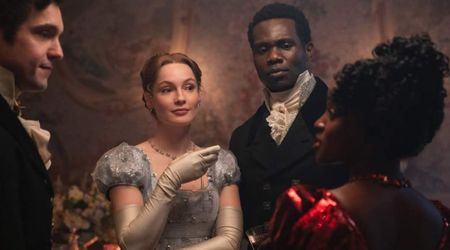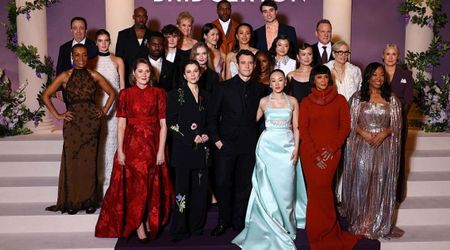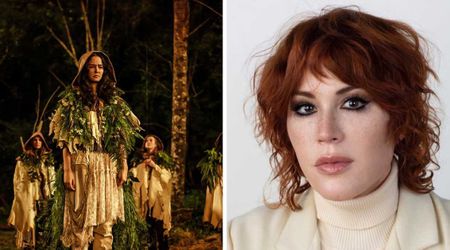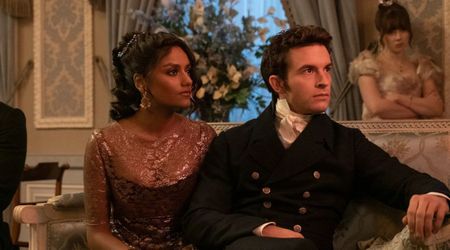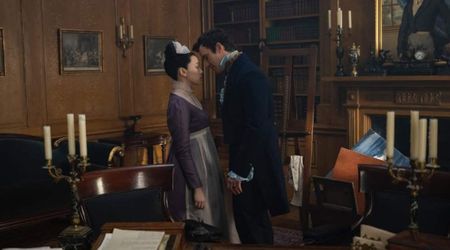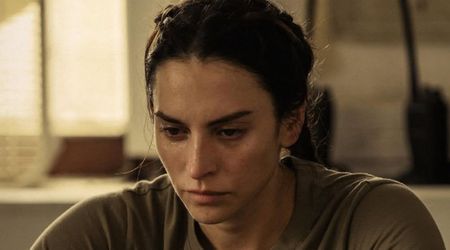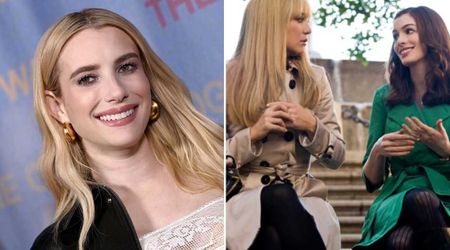'Elite' Season 2: Nadia and Omar are unintentional victims of stereotypical Islamaphobic plotlines

Netflix's 'Elite' may have one of the best representations of Muslim characters on TV. However, it is also possible to say that the writers of 'Elite' (of whom no one is Muslim or a woman) have resorted to stereotypical portrayals of Muslim youth and adults in the widely popular Spanish show.
While Nadia Shana is the first Muslim character who dons a hijab as a lead role in Spanish television, the writers' approach is quite "one step forward, two steps back". The writers may have gotten certain aspects of being a brown Muslim girl or a gay Muslim boy growing up in a Western society right, but they still haven't hit the mark in portraying a Muslim character who is not defined by their religion.
Let's take a look at Omar Shana, played by Spanish actor Omar Ayuso, for example. Omar Shana is the son of Palestinian immigrants living in Spain. His father runs a grocery store which Omar is expected to help with and run, despite being a school-going kid just like Nadia, his sister.
By virtue of being male, he is expected to look after the affairs of the household once he is grown up. While he may be from a Muslim family, Omar is an atheist, he is never shown openly practicing his religion like his younger sister and all he wants is to break free of his overbearing father's control to live the free, gay life that he wants to.
And this is what he gets to do in season two. After an argument with his father, Omar is kicked out of the house and explores the side of himself that was repressed due to family pressure — so much so that this even bothers Ander, his boyfriend.
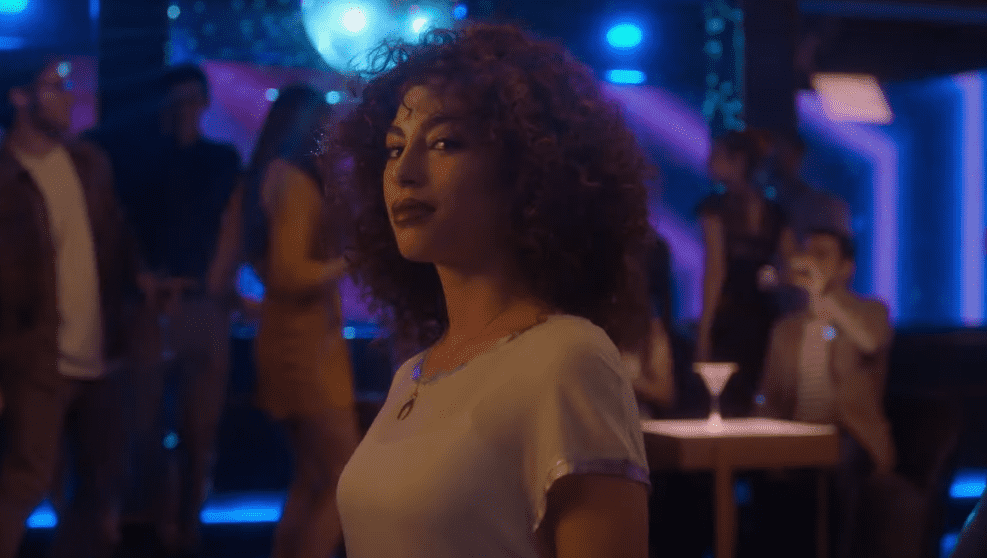
Then there is Nadia, one of three scholarship students attending Las Encinas. She is smart, bright, and focused. When we see her in the first season she is wearing her hijab. She is ordered to remove the hijab on the first day of school or face expulsion.
Not wanting to throw away the opportunity, she does so. When she travels to and from home, the hijab is back on so that her parents do not know that she does not wear it in school. In season two, Nadia voluntarily goes to clubs and tries to experience the teenage party culture. We see her taking off her hijab, wearing makeup, and confidently strutting to the bar.
We see her drinking alcohol and finally acting on her desire for Guzman, leading to the two of them sleeping together, and again in the boys' locker room where a video is shot of them. The video then gets leaked and Nadia, feeling ashamed, breaks down and apologizes to her parents.
Now, Nadia's fear is understandable. After all, there are many stories of "honor killings" among Muslim and Asian families where a woman is killed because of perceived transgressions. Most recently, Israa Gharib, a Palestinian woman was allegedly killed by her father and brothers for posting a video of her and her fiancé online.
And while the show can be lauded for including not one, but two major Muslim characters, it needs to be criticized for not treating its Muslim teenage characters like its white teenage characters with storylines that do not involve them acting out or repressing themselves because of their culture and fear of their parents.
Most portrayals of Muslim women on TV and movies in Western media are concentrated on them being oppressed women because of their religion. While this may be the case, there are also many Muslim men and women out there who find themselves secure in their religion while being in a western environment.
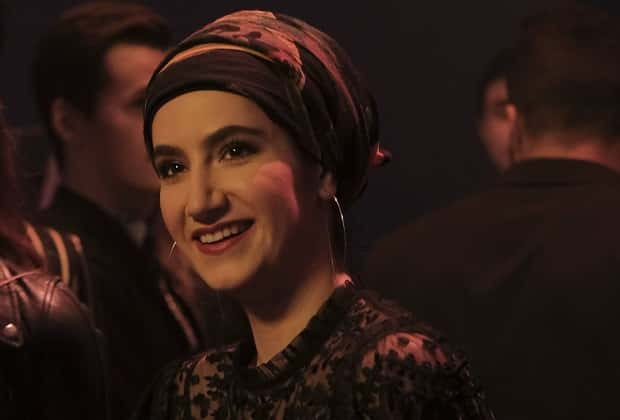
Case in point: Adena from 'The Bold Type' who is an openly gay woman but also a practicing Muslim, wearing a hijab while outdoors. Such a portrayal is possible. Yes, a backlash from conservative parents seems likely, but the thing about immigrants and especially immigrant parents is that so many of them adapt to their new environments, even if they have to do so with difficulty.
And this is where 'Elite' fails. They show Omar and Nadia's parents as strict Muslim Arab parents, often seen on the screen today, people that Omar and Nadia need to free themselves from. The truth is that we never see Omar or Nadia, sitting down for an actual conversation with their parents about the clashing cultures in the country they have made their home.
'Elite' has been renewed for season three and the ending of season two could promise a different portrayal of Nadia's and Omar's parents in the next season. After Nadia tearfully confesses to her father, he tells her that they will never see the video and that the girl in the video is not his daughter, but the girl standing before him is.
This is still problematic, Nadia is both of them — the girl follows her faith and loves her parents and the girl who wants to experience society like her white peers. If the creators of 'Elite' considered hiring actual Muslim writers, or at least consultants, the writers could tell more nuanced stories of brown and Muslim people that would not lead to Islamaphobic perceptions, even unintentionally.
'Jinn', Netflix's first Arabic-language original does what Western stories don't: portray Muslim Arab characters without letting their religion define them. The show is a fantasy show set in Jordan and show the teenagers of Amman like teenagers anywhere else in the world: partying and having fun.
While this may have garnered the anger of some conservative viewers, many lauded the show for accurately portraying teenagers in a modern Islamic and Arabic city today. As Riz Ahmed said during Channel 4's annual diversity lecture in 2017, "representation is not an added extra, it's not a thrill, it's absolutely fundamental to what people expect from culture and from politics."

